Transitional & post CT Implementation
Transitional and post-corporate tax implementation refers to the process of managing and adapting to tax changes or reforms as a corporation. This may involve transitioning from one set of tax laws and regulations to another and then effectively implementing and complying with the new tax rules.
Here's an overview of the key considerations for both transitional and post-corporate tax implementation:
Transitional Tax Implementation
Understanding the Changes: Thoroughly understand the upcoming tax regulations, including tax rates, deductions, credits, and other tax-related provisions. This typically involves analyzing the new tax laws and how they impact your specific industry and business.
Scenario Analysis
Assess the potential impact on your business's financials. This involves conducting various financial scenarios to understand how the changes might affect your bottom line.
Adjust Financial Planning
Based on your analysis, adjust your financial planning and budgeting to account for the anticipated tax liability. You may need to make changes to your business strategy, expenses, or revenue projections.
IT Systems and Reporting
Update financial and tax reporting systems to accommodate the tax rules. This may include modifications to accounting software, tax preparation software, and internal reporting procedures.
Legal and Regulatory Compliance
Confirm that your business practices align with the legal and regulatory requirements of the new tax laws.
Post-Corporate Tax Implementation
Continuous Compliance
Maintain ongoing tax compliance with the new tax rules. This involves ensuring accurate record-keeping, timely filing of returns, and payment of taxes according to the new regulations.
Monitor Changes
Stay vigilant for any further changes in tax laws and be prepared to adapt your business operations and financial strategies accordingly.
Regular Reporting
Continuously update and review your financial and tax reports to ensure they reflect the new tax rules accurately.
Document and Maintain Records
Maintain records of all financial transactions and tax-related documentation. Proper record-keeping is essential for potential audits and compliance.
Training and Education
Continue to educate your employees about any ongoing changes related to the tax laws, especially if they impact the company's operations, employee benefits, or payroll.
Adapt to Regulatory Changes
Be prepared to adapt to any further tax regulatory changes that may occur in the future. Stay informed about legislative developments that could impact your tax obligations.
In both transitional and post-corporate tax implementation, it’s crucial to remain proactive, compliant, and adaptable to the evolving tax environment. Engaging with tax experts, staying informed about tax changes, and maintaining meticulous records are key strategies for managing corporate tax effectively.

